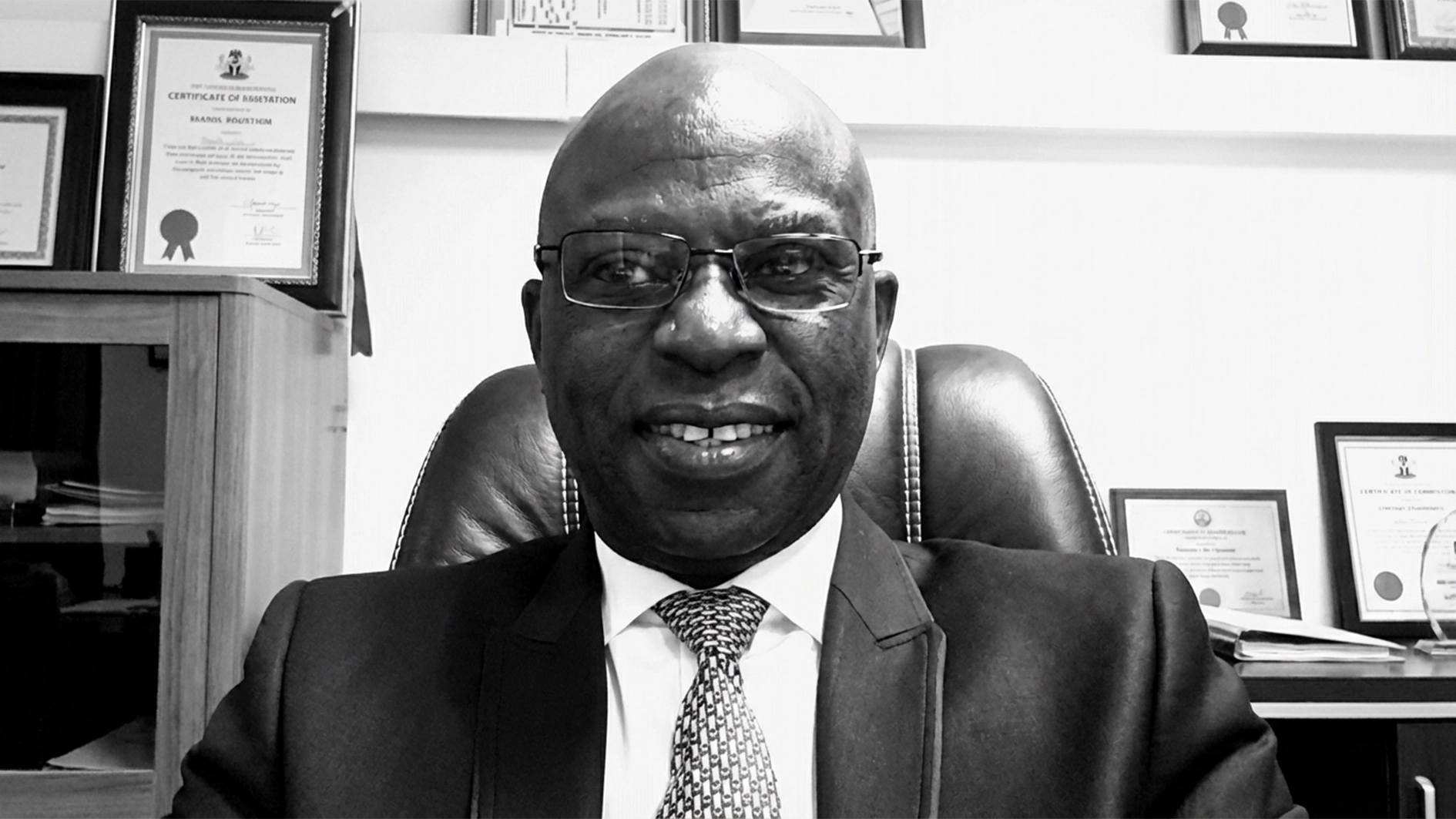The Nigerian Airspace Management Agency (NAMA) has appealed to the National Assembly to intervene in the continuous deduction of 50 per cent of its internally generated revenue (IGR) into the contributory Treasury Single Account (TSA).
The agency said that the stoppage of this would enable it to attain financial autonomy and operate in line with its 2022 establishment Act.
A statement by Director, Public Affairs and Consumer Protection, NAMA, Abdullahi Musa, said that its Managing Director, Farouk Umar, appealed in his opening remarks at the ongoing four-day retreat of the House Committee on Aviation in Abuja.
Umar declared that modernising Nigeria’s aviation sector could not happen without financial reform.
Four aviation agencies are affected by the TSA policy; they are the Nigeria Civil Aviation Authority (NCAA), Federal Airports Authority of Nigeria (FAAN), Nigerian College of Aviation Technology (NCAT) and NAMA.
The Federal Government had, in October 2022, increased the compulsory contribution to the federation account by the revenue-generating agencies to 40 per cent from the initial 25 per cent, which came into effect barely three years earlier.
With this, 40 per cent of the IGRs by government agencies was sent into the TSA through the Central Bank of Nigeria (CBN).
The sums are now meant for the Federal Government to execute projects. Just in January 2025, the government increased the contributions to 50 per cent for all its revenue-generating agencies, while it had earlier exempted the Federal Capital Territory (FCT) from the policy.
FAAN had claimed that it contributed about N44 billion of its revenue to the federation account in 2022.
Speaking at the retreat, Umar called for the full enforcement of section 9(2) of the NAMA Act 2022, which stipulates that “all fees imposed by NAMA are not subject to deductions or remittance to any other body.”
He explained that the enforcement had become imperative to enable NAMA to maintain critical infrastructure like towers, radars, and communication networks; pay and train thousands of skilled personnel who manage the skies daily and fund critical upgrades like Performance-Based Navigation (PBN) and Satellite-Based Augmentation Systems (SBAS), among others.
Umar lamented further that the current 50% deduction at source was crippling the agency’s capacity to meet its statutory responsibility, expand capacity, and deliver on international obligations.
Besides, Umar demanded a comprehensive review of the air navigation charges, which he noted had been stagnant since 2008.
He emphasised that the review required urgent attention to reflect current economic realities and ensure true cost recovery.
Earlier in his address, the Chairman of the House Committee on Aviation, Abdullahi Idris Garba, expressed the desire of the National Assembly to develop actionable plans and reinforce priorities that enhance aviation safety and also improve infrastructure and regulatory compliance.
He noted that the time had come for stakeholders to effectively share our expertise and synergise to address the challenges and also tap into the opportunities that abound in the sector.
He also expressed confidence that the retreat would significantly strengthen collective efforts to advance the aviation sector in Nigeria.






